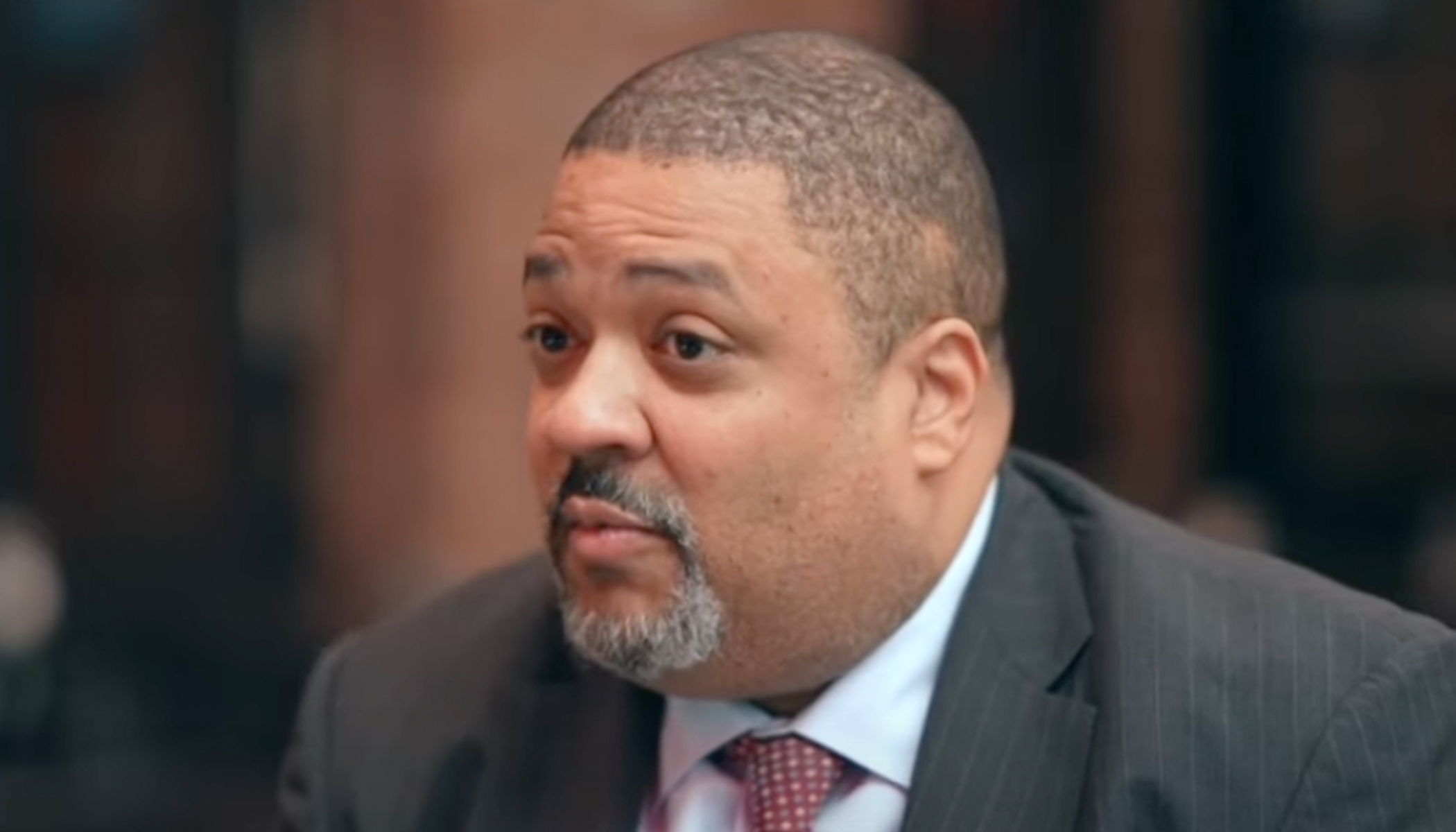Controversial Former Professor Speaks at University of Chicago's Anti-Israel Protest
The University of Chicago witnessed a highly contentious figure, Bill Ayers, address an anti-Israel encampment set up on its Main Quadrangle.
Amid a wave of similar protests across American universities, Ayers, both a former militant group leader and a current faculty member, brought significant attention to the event, as Fox News reports.
The encampment at the University of Chicago was part of a broader movement seen at various prestigious institutions like Columbia, Harvard, and Yale, challenging Israeli policies.
Ayers' Background and Controversial Legacy
Ayers, listed as a lecturer in creative writing at the University of Chicago on the university's website, co-founded the Weather Underground in the late 1960s. The FBI later classified this group as a domestic terrorist organization due to its involvement in several bombings, including targets such as the New York City Police Department headquarters and the U.S. Capitol building.
Despite the violent actions of the Weather Underground, charges against Ayers were dismissed due to the FBI's problematic tactics during his pursuit. Over the years, Ayers has both defended and rationalized the bombings linked to his group, asserting they were acts of protest against the U.S. government's policies.
The ties between Ayers and former President Barack Obama came under scrutiny during the 2008 presidential campaign. Both men had served on the Woods Fund of Chicago's board of directors between 1999 and 2002, a relationship that opponents of Obama brought to the forefront during elections.
Details of the University Encampment
The anti-Israel encampment began early Monday and had been active for approximately seven hours before Ayers arrived and spoke. Such encampments, and the demonstrations associated with them, have been facing law enforcement and administrative crackdowns, including student suspensions at several other universities.
This visit by Ayers to speak at the encampment thus not only reignites debates about his past actions and philosophies but also about the ongoing student-led protests throughout the country. These protests reflect a rising tide of campus activism that questions various international policies and U.S. involvement.
The timing and nature of Ayers' speech suggest a critical intertwining of historical radical viewpoints with current political issues, making the event particularly noteworthy from both an educational and societal perspective.
A Closer Look at Campus Reactions
As these protests continue, they are meeting varied reactions from university administrations and local authorities. At the University of Chicago and beyond, the presence of law enforcement has become more pronounced, reflecting a growing concern over the safety and legality of such demonstrations.
The aligning of a controversial figure like Ayers with these protests may add a layer of complexity to how these demonstrations are perceived both by the public and the authorities. It raises important questions about the nature of protest, the limits of free speech, and the impact of contentious historical figures on current events.
Moreover, the involvement of a figure like Ayers can potentially influence the direction and tone of the protests, possibly drawing more attention to them but also inviting sharper criticism and legal scrutiny.
Reflections on Freedom and Controversy
This development at the University of Chicago highlights the intersection of academia, freedom of speech, and the heavy shadows cast by history. How institutions and societies respond to such events may well shape the contours of campus activism and public discourse around controversial issues in the future.
It also reiterates the ongoing relevance of past movements and ideologies in informing current political and social debates, serving as a reminder of the complex layers that underpin public demonstrations and the reactions they solicit.
The discussion around Bill Ayers' involvement underscores the broader societal challenges in balancing freedom of expression with the lessons of history, especially when that history involves acts of violence and terrorism.
Concluding Summary of Events
To conclude, Bill Ayers' speech at the University of Chicago's anti-Israel encampment represents a confluence of past controversies and current activist movements.
This event has not only sparked dialogue about Ayers' historical actions and their justifications but has also accentuated the broader trends of university-level protests across the nation, which challenge global and domestic policies through the lens of campus activism.
The reactions to such encampments, both supportive and critical, are indicative of the ongoing tensions surrounding free speech and political activism in educational settings.






